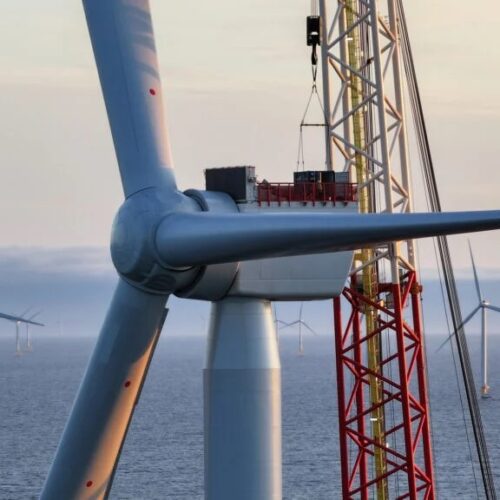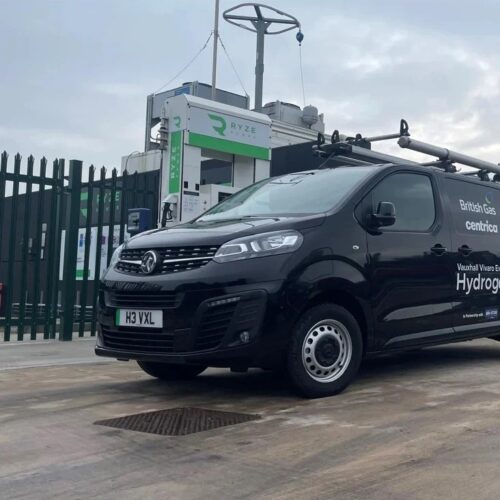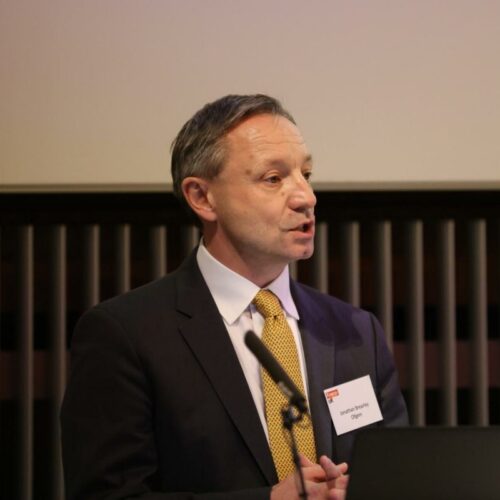E.ON and Australian real estate developer Lendlease have signed an agreement to build a low-carbon energy network for over 6,000 new homes and business properties at Silvertown in east London.
Silvertown will be the UK’s first development of E.ON’s ectogrid system, an energy sharing heat network based on heat pump technology. Ectogrid provides heating and cooling using existing energy sources like air, water or ground. Each connected building sends excess heating or cooling to others as needed.
By sharing, balancing and storing energy in rotation, ectogrid uses all available energy before adding any newly generated energy, reducing consumption, costs and environmental impact.
Currently, half of Europe’s total energy consumption goes on heating and cooling, with nearly 80% coming from non-renewable sources. Under the Future Homes Standard, all newly built UK properties must have low-carbon heating.
Marc Spieker, COO of customer solutions at E.ON said: “Around half of the energy in Europe is used for heating and cooling, mainly from non-renewable sources such as fossil fuels. This is precisely why we offer our customers innovative, reliable and affordable solutions in this area, using pioneering technology to reduce the CO2 emissions of entire neighborhoods or cities.”
Ectogrid is already being used in projects across Europe. When completed, Silvertown will be the largest space heating and cooling network in the UK, according to the companies. There is also potential for the network to supply other developments in the Royal Docks area.
The economic opportunity from heat networks
It is estimated that to deliver net zero in a cost-effective way, low-carbon heat networks will have to supply 20% of heat by 2050. Currently, 2-3% is supplied and growing the heat network sector will require £60-£80 billion investment. It will, however, offer substantial economic opportunities in job creation.
The number of jobs required to enable heat networks to supply a fifth of the UK’s heat by 2050 is estimated at around 35,000.
Recent research by the Association for Decentralised Energy (ADE) showed the Greater Manchester region could unlock £18.2 billion of new investment through a transition to heat networks.






